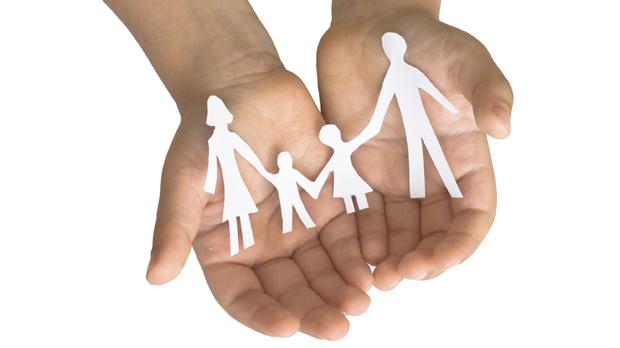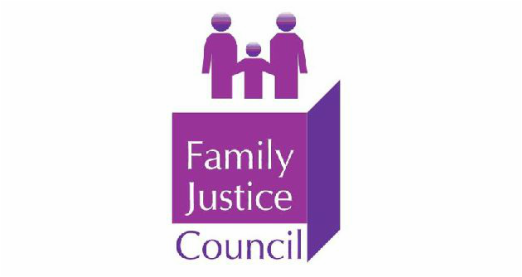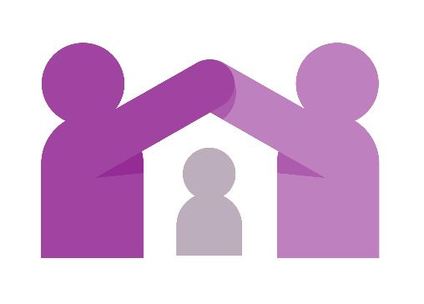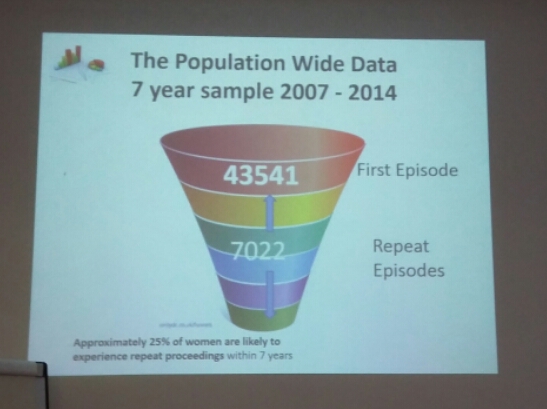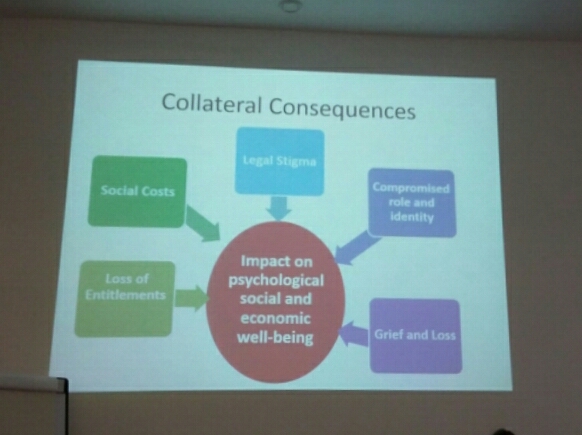|
Today Ofsted published it's annual report on foster care provision in England.
The statistics (April 2014 to March 2015) take a broad look at fostering provision across the country. They include data on children, their characteristics, experiences and safeguarding; capacity, including types of places and occupancy rates; foster carers, including ethnicity and training; recruitment and retention of foster carers; as well as complaints and allegations of misconduct. The data allow for comparison between local authority and independent fostering services as well as by region. The inspectorate received responses from 152 local authority fostering services and 293 independent fostering agencies (IFAs). Key findings include:
For the first time, Ofsted also asked services for data on child sexual exploitation (CSE) and children in foster care. 3% of children and young people were reported as being at risk of CSE during the year (2,690), while 1% were reported to be subject to it (865). You can read the full report is here.
0 Comments
On 24 November 2015 I attended The Family Justice Council's 9th Annual Debate at the Strand Palace Hotel in London. Twitter users were able to read key points by following the hashtag #FJC2015, as I and other attendees live tweeted key points/events of the night.
The topic for this year’s debate was adoption and the motion read: “Adoption without parental consent is wrong in principle” The event was chaired by the Rt. Hon. Sir James Munby, President of the Family Division of the High Court, and Chairman of the Family Justice Council. The speakers were:
Transcripts and a podcast from the debate are now available on the Family Justice Council website. Yesterday I attended ‘Parents’ Voices and their Experiences of Services’ at Friends Meeting House in Manchester. It was an opportunity to examine priorities for system, policy and practice change, drawing upon findings from research and was a very valuable day for reflective practice. The event began with a short introduction by Safeguarding Survivor who chaired the conference with great confidence and professionalism. I know she was nervous but you couldn't tell and she did a brilliant job. If you aren't aware of her story, I recommend you read her blog. It offers great insight into the child protection system from a parents’ perspective and provides excellent advice for others whose children have been identified as ‘at risk’. Her work has been praised for its balance and value by Sir James Munby and you will soon be able to read more of her case after the court granted Louise Tickle (a freelance journalist) permission to publish details in a broadsheet newspaper. You can read the judgement at Family Law. 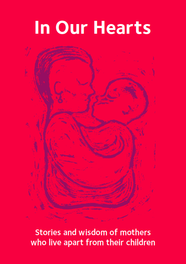 Siobhann and three mothers from The Mothers Apart project (Women Centre) Kirklees spoke about their book In Our Hearts. It presents open and honest accounts of initial separation, court proceedings, relationships with services, of mothers who have been able to have children returned to their care or contact increased, mothers who have no current contact at all and those for whom contact remains limited. It offers itself up as an aid and guide to learning for parents, families and professionals working in pursuit of child protection. As a result of co-production learning Mothers Apart have developed women centred working that recognises people as assets. Whilst every woman is different they have found that there are a number of common themes and, consequently, much of their work is about power. Sean Haresnape (Principal Social Work Advisor) from Family Rights Group outlined a Parents Charter being developed in collaboration with parents and professionals, that sets out expectations of how services should engage with parents, whose children are subject to statutory interventions; and we heard from Declan, a father and care leaver who had his daughter placed with him following care proceedings. Prof. Karen Broadhurst (Lancaster University) and Claire Mason (ISW & Lancaster University) presented preliminary findings from their 2 year study of birth mothers, their partners and children, within recurrent care proceedings under s.31 of the Children Act in England. The project hopes to confirm the national scale and pattern of recurrent proceedings together with the characteristics and service histories of parents caught up in this cycle. Statistical methods have been used to quantify recurrence and examine the relationship between recurrence and key explanatory variables. This has been complemented by qualitative components that include in-depth interview work with birth mothers in five local authority areas and in-depth profiling of a subset of randomly selected case files. Through data mining they have found that 25% of women who have been through care proceedings will return within 7 years. Teenage motherhood is associated with a significant number of repeat care proceedings and Prof. Broadhurst questions whether the family court is the most appropriate setting for dealing with teenage parents. Another facet of their research looks at the collateral consequences of care proceedings and asks who, once a court case has concluded, is there to support parents with the psychological, social and economic consequences of losing a child. Whilst the child and adopters/foster carers remain supported for a time by Social Workers and other services, there are no statutory support available to parents. This short-sighted approach demonstrates a lack of understanding of the collateral consequences and their cumulative impact which can drive women in to unhealthy relationships and successive pregnancies. In subsequent cases Local Authorities and Courts have been found to act more swiftly and are more likely to remove closer to birth, with adoption being the most likely outcome, compounding the cycle.
Similar concerns were raised last week by Sir James Munby when I attended the annual Family Justice Council debate in London. He said that it was “not fair on subsequent children that post adoption support isn't provided to birth parents” and “there is some substance to the question whether resources are adequately balanced between support for adoption and support for families”. Finally, Prof. Kate Morris (Sheffield University) outlined the empirical research she and Prof. Brid Featherstone (University of Huddersfield) are conducting as part of Your Family Your Voice – an alliance of families and practitioners working to transform the system. Their work, looking at family experiences of multiple service use, highlights the profound difficulty families often find navigating their way through services. At the end of the presentations we were asked to reflect upon what we had heard and identify what changes could be made to make the system a more humane one and minimise trauma for parents, children, their families – and also for practitioners. I invite you to do the same and participate in the research here. |
AuthorI'm a Qualified Children's Social Worker with a passion for safeguarding and family support in the UK. Archives
August 2016
Categories
All
|

